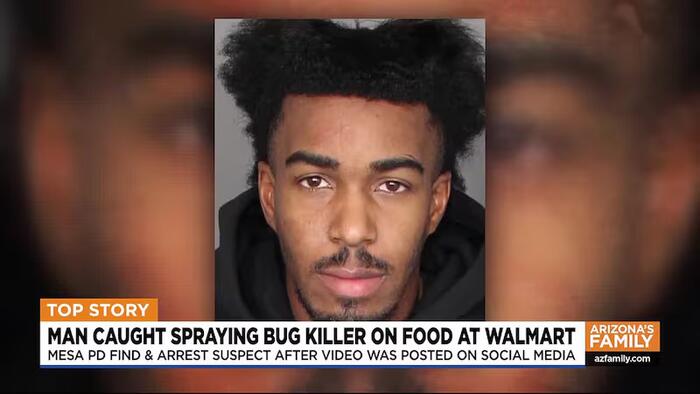The rise of prank YouTubers and TikTokers has been a notable deviation from societal norms, marking a troubling paradigm shift within Western culture. This transformation is characterized by an insatiable quest for online recognition and validation, transcending mere entertainment to become a major driving force in the digital landscape. The emerging ethos seems to hinge on the motto “I am viral, therefore I exist,” which emphasizes a collective prioritization of superficial fame over genuine achievement or success. As attention becomes the new currency, the ethos of narcissistic affirmation fosters a culture where morality and accountability are frequently overlooked in the pursuit of likes and followers. The danger lies in the potential consequences of this relentless chase for clout; individuals willing to cross ethical lines may lead themselves and others to dangerous situations.
An alarming case exemplifying the extreme measures some content creators are willing to take in their pursuit of virality involved 27-year-old Charles Smith, known online as Wolfie Kahletti. Smith posted a disturbing video in which he filmed himself spraying poisonous insecticide over food items in a Walmart, an act that led to his arrest for multiple charges, including theft, as he removed the pesticide without paying. This incident highlights a concerning trend of pranks escalating to actions that endanger public health and safety. Authorities noted that Smith had premeditated his actions by bringing the insecticide into the store specifically to film content meant for social media. Such irresponsible behavior raises questions about the implications of content creation in an age where the quest for engagement sometimes overwhelms common sense and responsibility.
The phenomenon of prankster culture, while often met with criticism, retains an undeniable allure for viewers. Much like the fascination with train wrecks, observers often find themselves unable to look away from the chaotic antics displayed on screen. The vicarious thrill of witnessing reckless behavior can draw considerable viewership, further incentivizing creators to push boundaries in their content. However, this allure does not grant immunity; many pranksters have faced legal repercussions for their actions, often implicating them in public disturbances or violations of others’ rights. This cycle of behavior and consequence creates a continued loop, compelling some influencers to partake in ever more extreme stunts to retain their audience’s attention.
Previous incidents paint a troubling portrait of the potential fallout from reckless pranks. One notable case involved YouTuber Tanner Cook, who attempted to provoke a delivery driver in a Virginia food court, only to find himself shot when the driver reacted defensively. While Cook survived the incident, it served as a stark reminder of the risks associated with aggressive pranking, as well as the potential for real harm stemming from such content. This encounter has left a lasting impression, reducing Cook’s notoriety to being remembered as the individual who “F’d around and found out.” The viral nature of these events underscores how quickly the narrative can shift, often to the detriment of those involved, as their actions become synonymous with danger and stupidity.
Given the disturbing trend of escalating risks in the name of entertainment, society must grapple with significant implications of prank culture. The fallout from these viral moments could lead to not only personal harm but also broader repercussions for public safety. With the rise of clout-chasing behavior, individuals may become increasingly desensitized to moral boundaries, following the lead of those who prioritize shock value over consideration for the wellbeing of others. As young individuals engage with these platforms—often with minimal understanding of the consequences—the potential for replication of dangerous behaviors increases, leading to the normalization of recklessness in the digital age.
To address the malaise permeating modern social media, a reevaluation of societal values as they pertain to fame and recognition is critical. Emphasizing responsibility, respect for individual rights, and consideration for societal norms may pivot the focus of content creators away from ululations of chaos towards meaningful and constructive engagement. As the conversations surrounding social media platforms evolve, it becomes incumbent upon users, creators, and platforms alike to cultivate a culture that prioritizes ethical content that entertains without endangering. Only through concerted efforts can society hope to mitigate the degeneration spurred by the culture of immediate gratification and mindless clout chasing that currently pervades the digital landscape.

